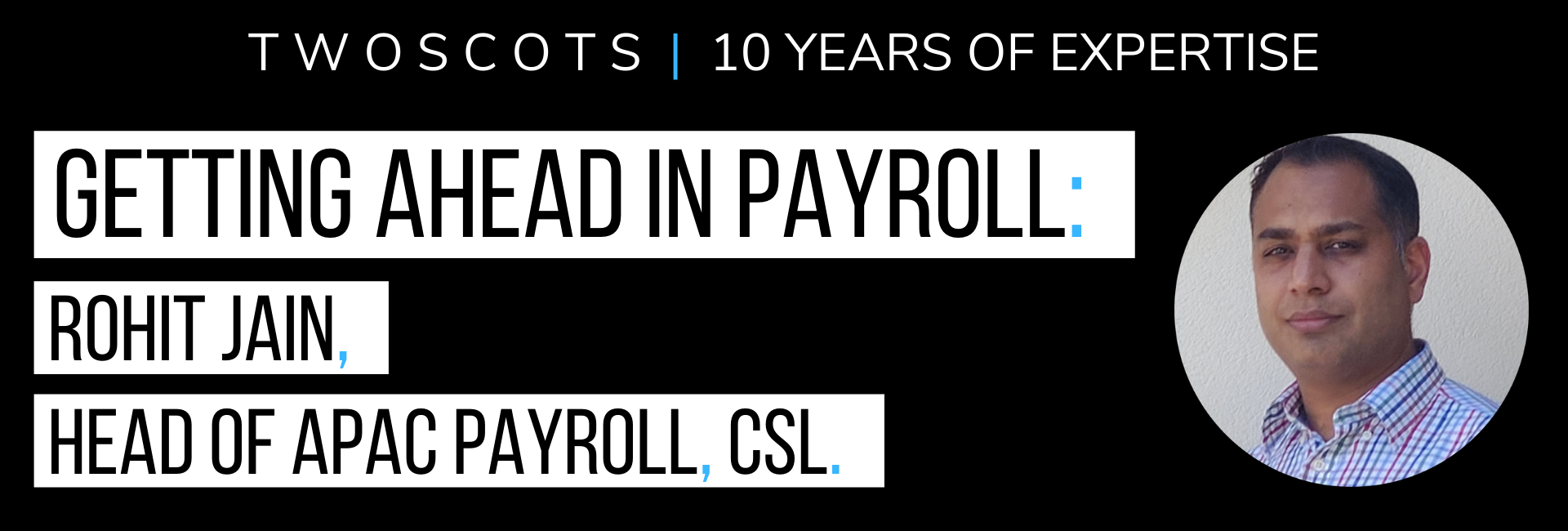Advice for choosing your next career steps
‘There’s definitely pros and cons to working in different sized organisations. I’d say in a bigger organisation your division is more like an SME within the business itself. So for me in that position, I’m focusing entirely on Payroll services as there’s enough work within that niche to keep me busy across multiple projects and so you become an expert in one subject.
Whereas I’d say in a smaller organisation you get more opportunity to work across other Payroll associated tasks such as compensation benefits or other things with a slightly different skill set and so you do develop more of a diversity of ability. However this does come with more of a budget constraint which hinders your ability to implement projects like you would in bigger corporates.
A final point on getting ahead in your career
Really though, you drive your own career. It’s definitely advantageous to move around and work with new people and on new types of projects. I’d recommend making a development plan for yourself and hold yourself accountable for it. Share it with your managers and let them know what the next step for you is and the action you’re looking to take to get there. Ultimately, they’ll enable your growth if you have clear intentions.
It’s really important to have an education in your back pocket. Whilst I think both an education and experience are vital, you should continuously work on your formal education whilst gaining real work experience – even if that is a short unpaid placement. These roles allow you to put your theory into practice and give you an advantage over other people who are only focused on studying.
Not only that, but getting professional experience early on gives you a reference and a network to build on. My first role was because a friend of the business I was working with, was looking to hire someone new and the recommendation I could provide was a fast track into that first role.
Who you know is so important because of the other doors it can open for you. Once you get into an organisation and you have the right attitude, it’s so easy to upskill and create more opportunities.
Your learning education should span policy and regulation too. You should read up on Fair Work practices and legislation and then you can translate that knowledge in any interview and show your willingness to go the extra mile and keep up to date with the industry.’
